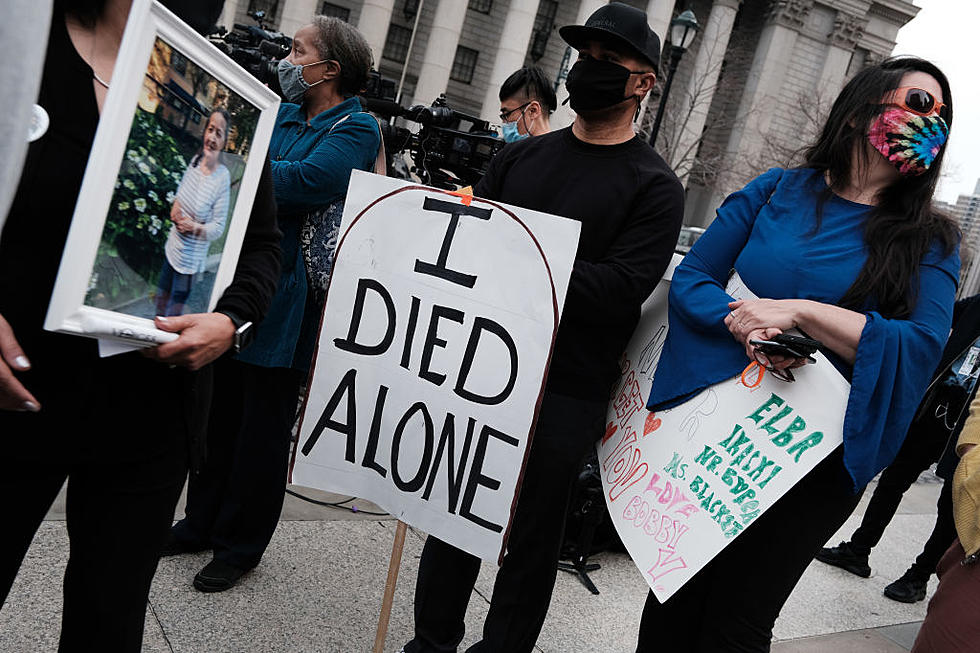
Breaking: Governor Whitmer’s Executive Orders Ruled Unconstitutional
Updated 10-5-2020 at 6:30 am est
The Michigan Supreme Court ruled 4-3 late this afternoon that Governor Whitmer’s Actions for the last five months were illegal and unconstitutional. The Michigan Supreme Court ruled that Governor Whitmer had no authority after the first 28 days to declare a state of emergency without the consent of the State Legislature.
The Detroit News reported that Justices Stephen Markman, Brian Zahra, Beth Clement and David Viviano all ruled against her illegal use of power. Chief Justice Bridget M. Mc Cormack, Richard Bernstein and Megan Cavanagh all voted for her use of the unconstitutional 1945 law.
The Court also ruled that the 1945 Emergency Powers of the Governor Act violates the Michigan Constitution.
Their ruling stated:
"Under the EMA, the governor only possessed the authority or obligation to declare a state of emergency or state of disaster once and then had to terminate that declaration when the Legislature did not authorize an extension; the governor possessed no authority to redeclare the same state of emergency or state of disaster and thereby avoid the Legislature’s limitation on her authority,"
Justice Markman wrote:
“(We) do not believe that the Legislature intended to allow the governor to redeclare … the identical state of emergency and state of disaster under these circumstances”
Justice Markman went on to say:
”Our decision leaves open many avenues for the governor and Legislature to work together to address this challenge, and we hope that this will take place,"
Chief Justice Bridget McCormack wrote the dissent and in that dissent she argued that the court could not strike down a law as unconstitutional if there were standards in the law to guide the decisions. She then stated that the 1945 law contains the standards that the governor's orders must be ”reasonable and necessary" and issued in an attempt to protect life, property and bring an emergency under control.”
Something being “reasonable and necessary” are always in the eye of the beholder.
The Supreme Court also ruled unanimously that the 1976 Emergency Management Act did not give Whitmer the power, after April 30, to issue or renew any executive orders related to the COVID-19 pandemic after 28 days without Legislative approval.
Whitmer has issued more than 180 executive orders most of which were unconstitutional due to this ruling.
What comes next is unclear right now. Are all of her executive orders now not in effect, we do not know. My assumption is the State House, Senate and the Governor will need to sit down and discuss their next steps.
It appears that the order brings an end to the Governor’s ability to use emergency powers without legislative approval, There appear to be many different positions on what happens next.
Governor Whitmer is arguing that her powers will remain in place for at least the next 21 days. She chose that 21 days in reference to the 21-day period in which she can request a rehearing from the Michigan Supreme Court.
Patrick Wright, vice president for legal affairs at the Mackinac Center. Center for Public Policy, which brought the suit in federal court that the Supreme Court heard, believes the Supreme Court decision ends the Governor’s executive orders immediately. If not immediately at least as soon as a federal judge uses this ruling to decide the Mackinac Center’s case. Patrick Wright, vice president for legal affairs at the Mackinac Center stated:
"It’s a matter of when we can get a court to implement it”
What is clear is Governor Whitmer’s total control over the state of Michigan has ended. We can now get back to regular order and all three branches of Michigan government will need to work together with the proper checks and balances back in place.
The people of Michigan through our Representatives will now have a say in how our government is run.
More From WBCKFM









